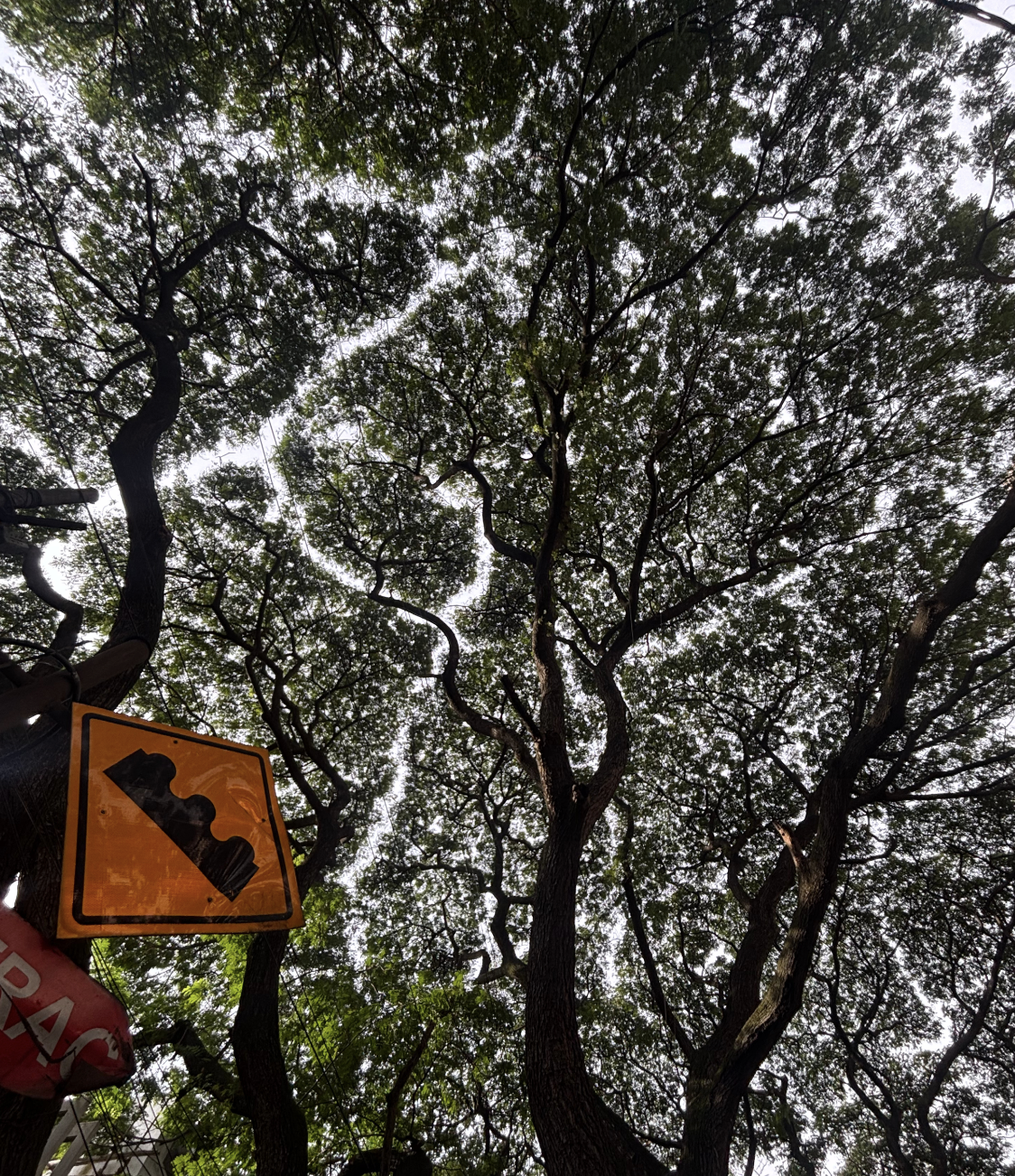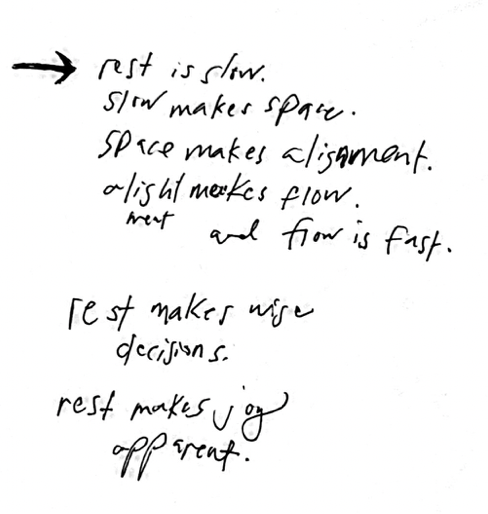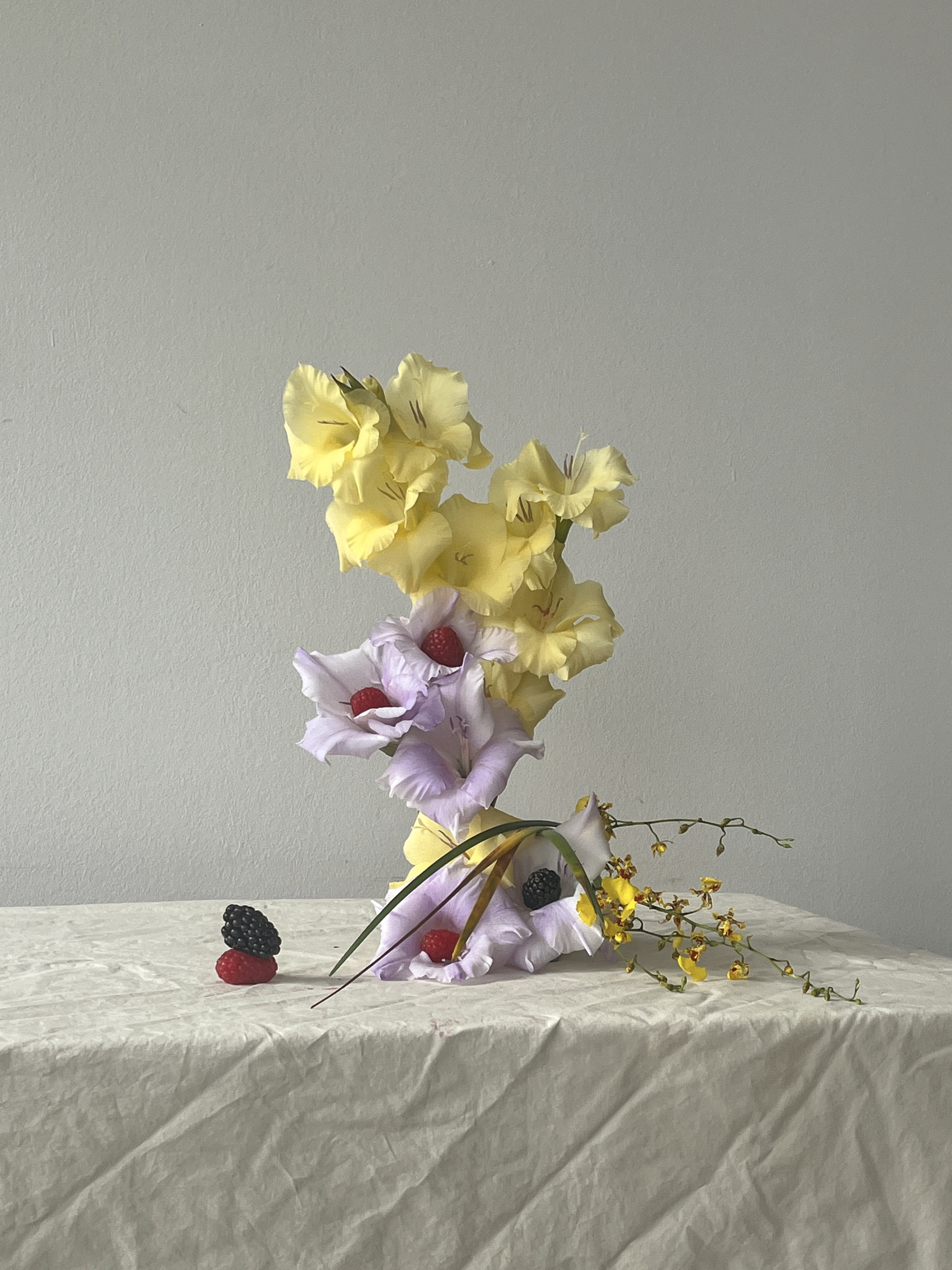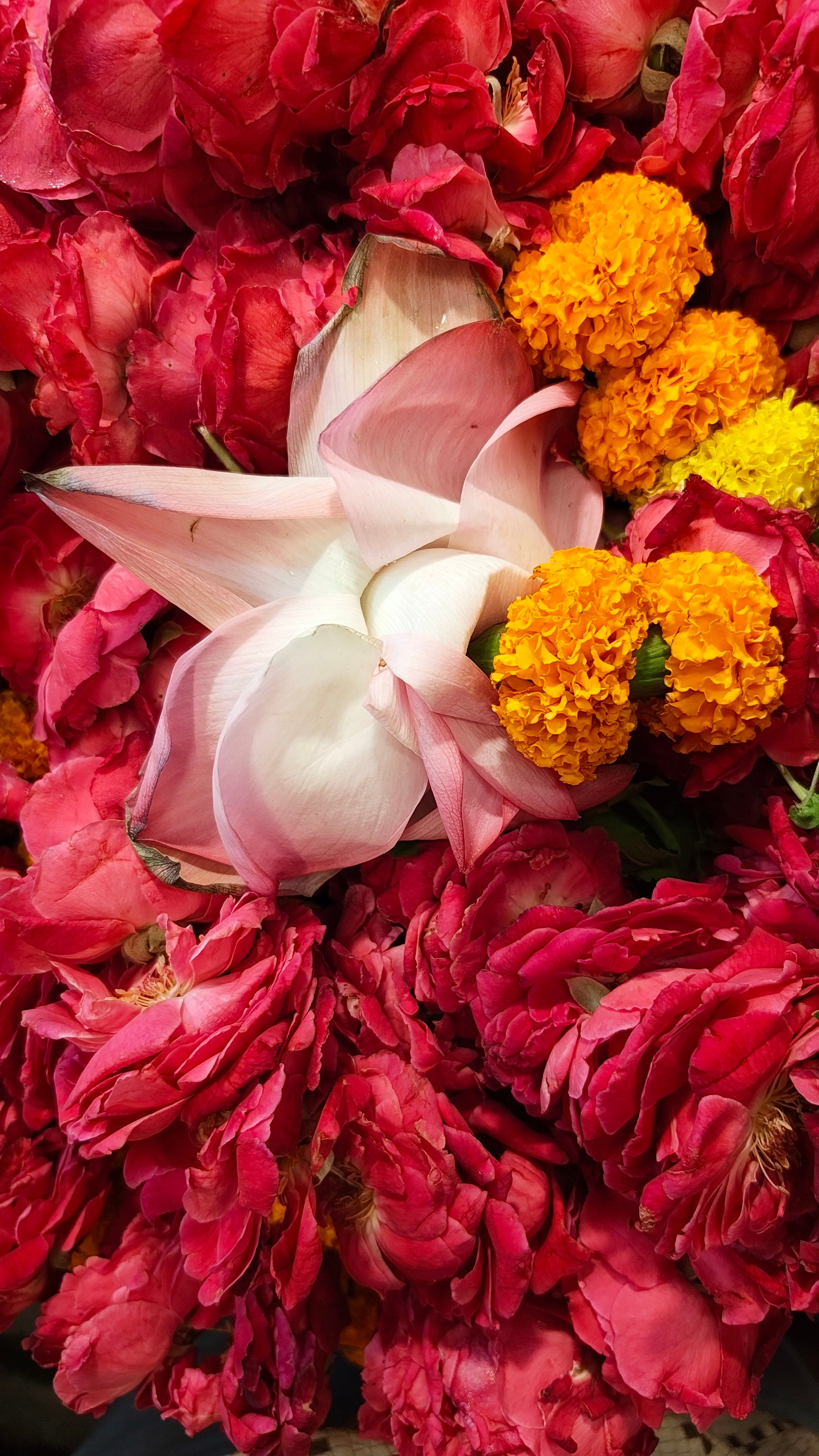The mornings in Bangalore begin with green and birds.
Before I even open my eyes, I can hear them outside my balcony: a tangle of calls and chirps weaving through the air. A giant tree stands just beyond the railing, heavy with flowers and fruit—home to the same winged tenants who wake me each day.
The balcony itself is dense with plants, a small jungle my partner has nurtured into being. I smell their freshness before I make coffee. Sometimes I linger there, watching the light sift through the leaves, before lacing up my shoes for a run in one of the city’s green parks.
I didn’t know it at the time, but this quiet—this slowing down—was exactly what I needed.
Around Covid, I came across a quote: “There are decades where nothing happens; and there are weeks where decades happen.” This year has felt like that.

My sister, who I’d lived with for 28 years, got married and moved out. I quit my job. I moved cities. I slipped out of routine, back in, then out again. My best friends got engaged and married. I’m starting my own company. And the year isn’t over yet.
In those first few months, I was making one big decision after another. I’d barely catch my breath before throwing myself into the next thing. If one part of life settled, I’d stir another into motion.
At first I told myself this was just how things were unfolding. But eventually I realised I was choreographing it—creating chaos because I didn’t yet know how to live without it.
Looking back, quitting my job, leaving my home, moving to a new city—these were all big bets on myself. They didn’t feel seamless or universally joyful. But they gave me room to take up space in my own life, to follow my creative instincts, to show up in ways I could be proud of.
I learned that courage alone isn’t enough; the right conditions matter. Not just mentally, but physically. The pace outside your door. The quality of light in your room. The sounds you wake up to. The sights and smells that ground you. These things shape how you think, how you create, how you move through the world.
For years, Bombay was my accelerator. The city compounds energy, with a thousand micro-interactions on a single street. But when I stepped away from that environment, I realised something counterintuitive: to accelerate inwardly, I needed to decelerate outwardly.
It’s a principle I first learned in running: sometimes you slow your pace so you can go farther—and faster. The same holds true for work and for life. For me, Bangalore became the living embodiment of that principle.
Bombay will always be home: a place of love, warmth, and safety. But Bangalore is where I’m building my own safety. Where I’m learning my rhythms. Where I’m watering both myself and my work. Where I’m meeting new people, expanding the surface area of my life, and choosing where to spend my energy.
In an age obsessed with acceleration, going slow to go fast feels almost rebellious. But it may be the most productive thing you can do.
.svg)




